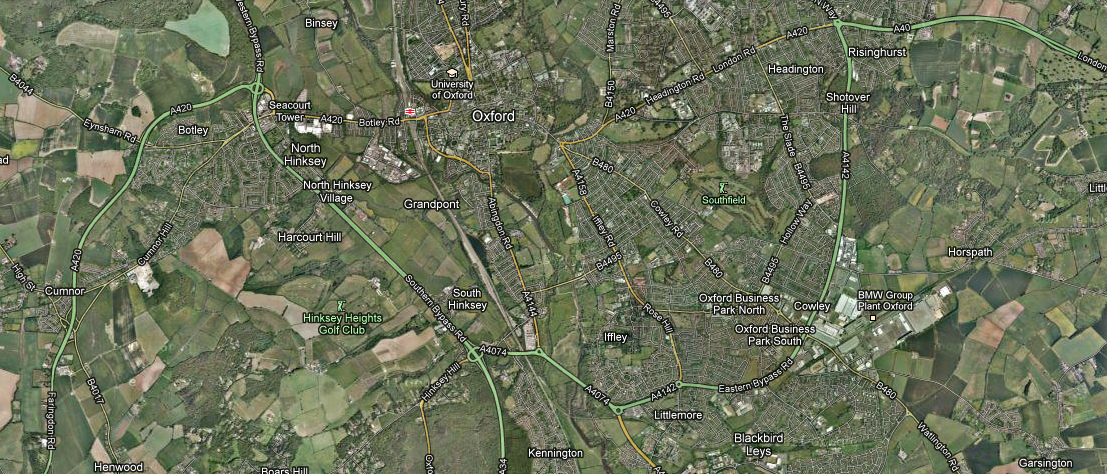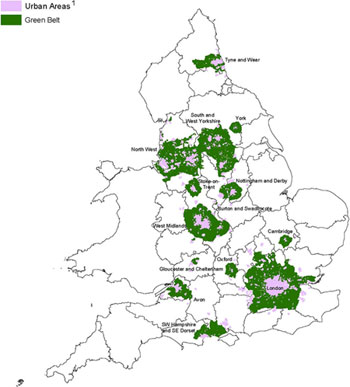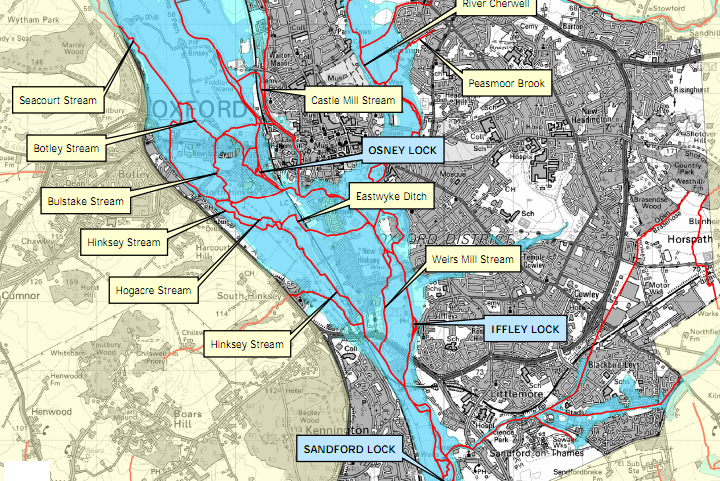This is definitely the first national strategic plan that I've worked on that has its own music video. Presenting... the Economic Development and Poverty Reduction Strategy 2 (EDPRS 2) song.
Showing posts with label planning. Show all posts
Showing posts with label planning. Show all posts
15 December 2024
21 September 2024
Why the left should support the new UK planning rules
Relaxing Britain’s planning rules will be good for growth, for the environment, and for social mobility.
The countryside lobby is selling a straw man. Developers generally don’t want to concrete over our beautiful rural countryside just for the sake of it. There is little value in building in the middle of nowhere. The most valuable place to build new commercial and residential properties is where prices are high - the wealthy and productive South-East - areas that are already developed. By increasing housing density in the South-East, we can allow more people to move there. More dense urban areas are more productive, as scale allows for greater economic diversity, and for new ideas to be freely shared.
New building will also bring down prices, allowing poorer people to live in productive areas. If we are serious about social mobility, we need to allow poor households the opportunity to live close to jobs in high productivity parts of the country (and without expensive government subsidies).
Finally, dense urban areas are better for the environment than small countryside towns, because in urban areas people walk, cycle, or take public transport rather than drive everywhere.
For once, this is a genuinely progressive policy from the Tories. The left should embrace it.
Sadly economic geography is tragically misunderstood by the public. But there is a pretty much a consensus from economists on this issue. Two great recent books by Ed Glaeser at Harvard and Ryan Avent of The Economist make the case for less planning regulation in the US. Henry Overman, Director of the Spatial Economics Research Centre at the LSE, argues that the changes in the UK do not go far enough.
Oxford
How about a specific example for clarity? This is Oxford. The whole area to the South East of Oxford is pretty built up, from Cowley Road down to Blackbird Leys. Binsey, on the other hand, less than a mile North West of the train station (which gets you to London in 50 minutes), has a population of, er, 28 (at least it did in 2001).

I love the countryside. I really do. But the average value of rural land in Oxfordshire is £21k per ha. The average value of suburban land on the edge of Oxford is £4,000,000 per ha. It is utter madness to not build on Binsey.
The Labour government's Barker report led to outrage about "building over the green belt."
Here's a picture of the Green Belts in the UK.
Would it really be so bad if we let some towns and cities like Oxford expand? Isn't there a bit of space left in Oxfordshire besides the thick ring around the town?
-----
Update:
Yeah...... so Cynan in the comments posted the link to this Oxford flood plain map. Perhaps Binsey wasn't the best example in the world. And yet.... Christchurch still wanted to build there, presumably knowing about the flood plain. And.... Amsterdam? Or rather, the 25% of the entire Netherlands which is below sea level?
31 May 2025
How to make a government planning process from scratch
The Southern Sudan experience provides useful insight into appropriate approaches to developing planning and budgeting systems in other post-con¬flict settings. Above all, it injects a note of realism about what can be achieved. The key policy lessons are as follows:
1. A strong technical lead by an integrated Ministry of Finance is essential. Although international technical assistance can provide support to system design and management, it is not a replacement for the leadership role and decision-making capacity of Government.
2. When designing post-conflict support programmes, efforts are needed to fully understand the levels of local capacity, and the systems used prior to and during the conflict, so that starting points are realistic.
3. For system development to be fully grounded, it needs to be aligned with the rate of improvement of local capacity. This means accepting that process development can take years, and that best practice, however desirable, cannot always be achieved overnight.
The Ministry of Finance received continuous technical assistance throughout the development process, including long-term TA based in the Ministry, short-term consultants for training and quality assurance, and logistical and financial support for workshops. Although this support played a key role in the design and development of the systems, decision-making and strategic direction always belonged to the Ministry of Finance. In addition, the gradual recruitment of technical staff meant that the Ministry was increasingly able to manage systems itself, although with back-up support. Key providers of support included the UNDP’s ‘Support to Economic Planning’ project, Overseas Development Institute (ODI) fellows, USAID and more recently the ODI’s Budget Strengthening Initiative.From a new ODI briefing paper by Fiona Davies and Gregory Smith.
Subscribe to:
Posts (Atom)
loading..


